News
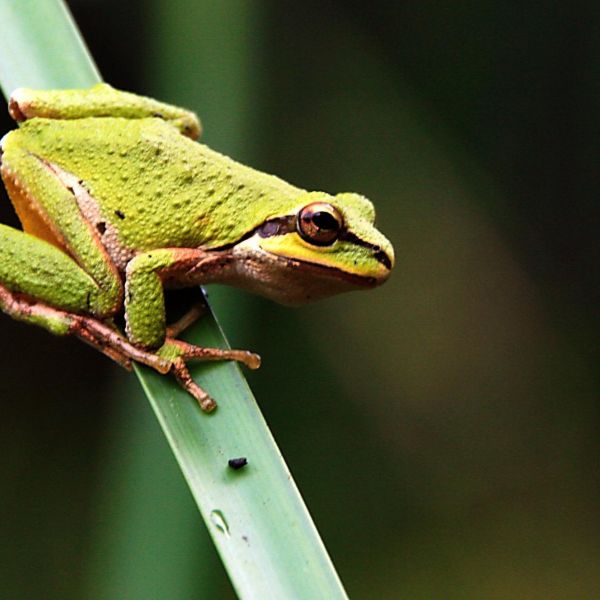
Jun 12, 2023
Vaccine against deadly chytrid fungus primes frog microbiome for future exposure
A human's or animal’s microbiome — the collection of often beneficial microorganisms, including bacteria and fungi, that live on or within a host organism — can play an important role in the host’s overall immune response, but it is unclear how vaccines against harmful pathogens impact the microbiome.
Full Article
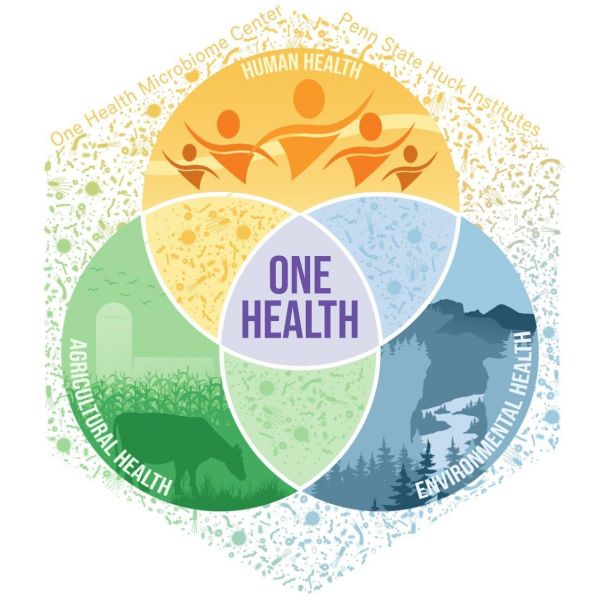
May 16, 2023
Penn State's renamed One Health Microbiome Center affirms broad expertise
The Microbiome Center in the Huck Institutes of the Life Sciences at Penn State has announced its renaming to the One Health Microbiome Center (OHMC), the first center in the world to integrate "One Health" with the microbiome sciences.
Full Article

May 16, 2023
Penn State biologist honored by Society for the Study of Evolution
Sarah Bordenstein, associate research professor of biology and entomology at Penn State, has been awarded the 2023 T. H. Huxley Award from the Education and Outreach Committee of the Society for the Study of Evolution.
Full Article

May 16, 2023
Penn State doctoral student receives prestigious agriculture research fellowship
Theo (Chelsea) Newbold, a doctoral student in Penn State's College of Agricultural Sciences, has been awarded the Foundation for Food and Agriculture Research Fellowship for 2023–26.
Full Article
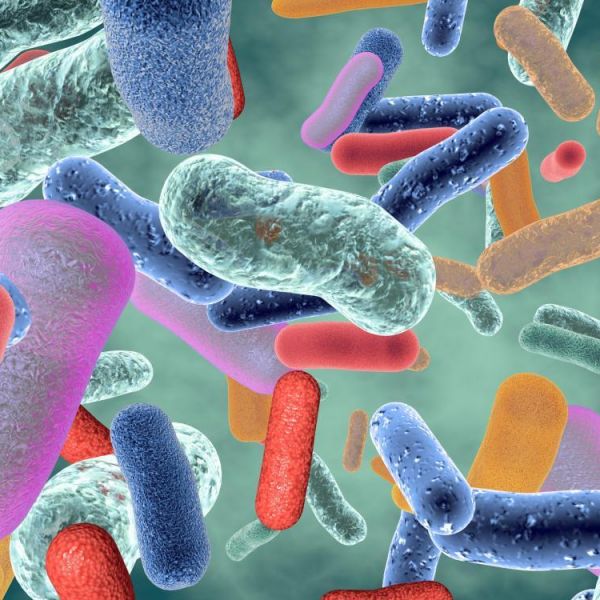
May 02, 2023
Essential mechanism for bacterial gut colonization discovered
New light has been shed on a key event that contributes to the successful colonization of bacteria in the gut of mice, according to a new study from Yale University and Penn State.
Full Article
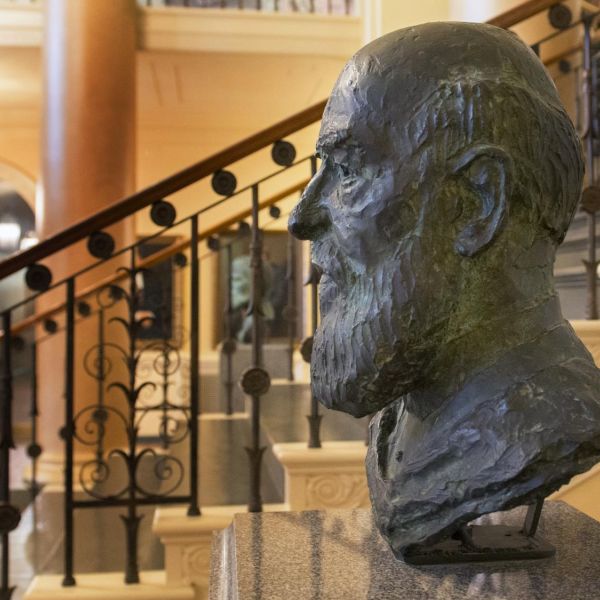
Apr 13, 2023
Penn State announces 2023 University-wide faculty and staff awards
Each spring, Penn State recognizes outstanding faculty and staff with annual awards in teaching and excellence. These awards highlight many of the University's faculty and staff who go above and beyond in their work at Penn State.
Full Article

Apr 25, 2023
Keiler honored with 2023 Graduate Program Chair Leadership Award
Kenneth Keiler, professor of biochemistry and molecular biology and associate department head for graduate education in Penn State's Eberly College of Science, is the 2023 recipient of the Graduate School Alumni Society Graduate Program Chair Leadership Award.
Full Article
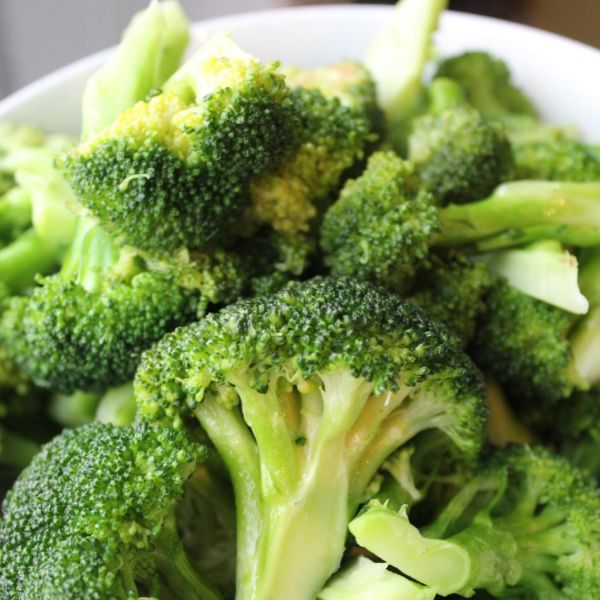
Apr 07, 2023
Broccoli consumption protects gut lining, reduces disease, in mice
Broccoli is known to be beneficial to our health. For example, research has shown that increased consumption of the cruciferous vegetable decreases incidences of cancer and type 2 diabetes.
Full Article

Apr 05, 2023
Digging into the past: Forgotten soil samples are opportunity for new research
While most time capsules found on campus feature pop-culture relics like vintage copies of the Daily Collegian newspaper, the College of Agricultural Sciences has unearthed a different kind of relic: sealed jars of soil samples collected by Penn State researchers in 1915 and 1933.
Full Article
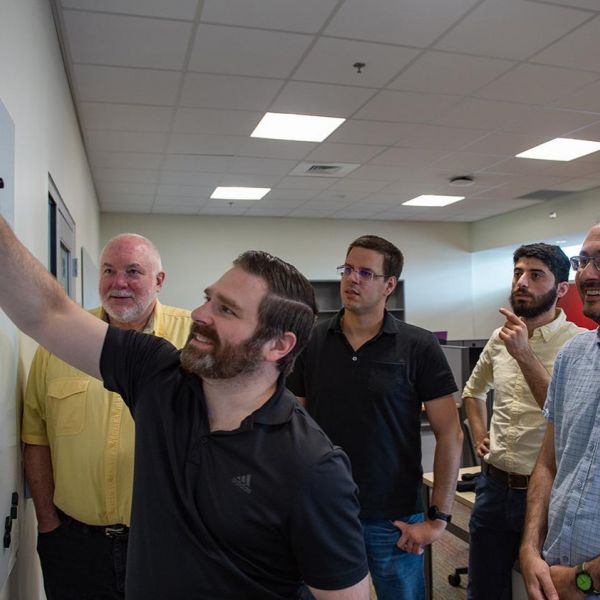
Mar 30, 2023
The Microbiome Center announces a free bioinformatics resource for Penn State
The Penn State Microbiome Center, in coordination with the lab of Associate Professor David Koslicki, is offering access to the Kyoto Encyclopedia of Genes and Genomes (KEGG) to all Penn State faculty, staff and students for free.
Full Article